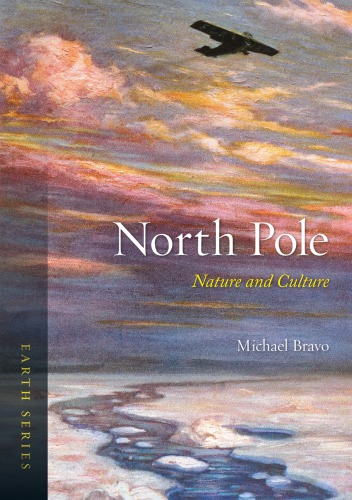

Most ebook files are in PDF format, so you can easily read them using various software such as Foxit Reader or directly on the Google Chrome browser.
Some ebook files are released by publishers in other formats such as .awz, .mobi, .epub, .fb2, etc. You may need to install specific software to read these formats on mobile/PC, such as Calibre.
Please read the tutorial at this link: https://ebookbell.com/faq
We offer FREE conversion to the popular formats you request; however, this may take some time. Therefore, right after payment, please email us, and we will try to provide the service as quickly as possible.
For some exceptional file formats or broken links (if any), please refrain from opening any disputes. Instead, email us first, and we will try to assist within a maximum of 6 hours.
EbookBell Team

5.0
80 reviewsThe North Pole has long held surprising importance for many of the world’s cultures. Interweaving science and history, this book offers the first unified vision of how the North Pole has shaped everything from literature to the goals of political leaders—from Alexander the Great to neo-Hindu nationalists. Tracing the intersecting notions of poles, polarity, and the sacred from our most ancient civilizations to the present day, Michael Bravo explores how the idea of a North Pole has given rise to utopias, satires, fantasies, paradoxes, and nationalist ideologies across every era, from the Renaissance to the Third Reich.
The Victorian conceit of the polar regions as a vast empty wilderness—a bastion of adventurous white males battling against the elements—is far from the only polar vision. Bravo paints a variety of alternative pictures: of a habitable Arctic crisscrossed by densely connected networks of Inuit trade and travel routes, a world rich in indigenous cultural meanings; of a sacred paradise or lost Eden among both Western and Eastern cultures, a vision that curiously (and conveniently) dovetailed with the imperial aspirations of Europe and the United States; and as the setting for tales not only of conquest and redemption, but also of failure and catastrophe. And as we face warming temperatures, melting ice, and rising seas, Bravo argues, only an understanding of the North Pole’s deeper history, of our conception of it as both a sacred and living place, can help humanity face its twenty-first-century predicament.